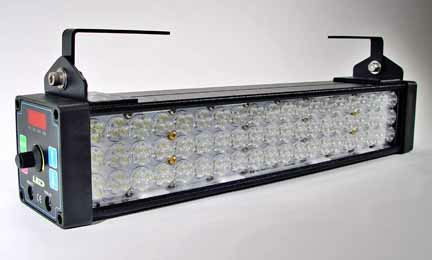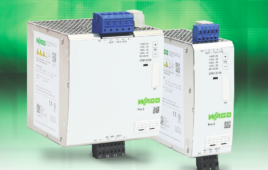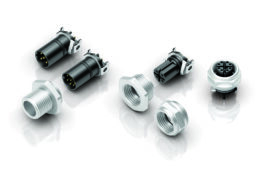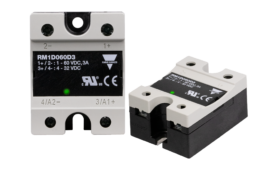Unilux introduced the LED-Series 2000 family. The lights combine the operational and environmental benefits of LED lights with the power of traditional xenon-based strobes.
The LED-Series 2000 family comes with a product-naming convention that corresponds to the coverage area (in millimeters) 50cm (20in.) from the light to the inspection area.
The lens designs for the new LED-Series 2000 strobes provide a sharper focus than the xenon lights. This benefits the user by concentrating more light on the inspection area with less spillage outside the area of interest.
LED’s can last five to eight years, depending on use, and they lower the cost of ownership by eliminating the need to change lamps, avoiding unscheduled outages and lowering power consumption. They do not create ozone during operation, and they require no special disposal methods when they burn out.
The LED-Series 2000 family of stroboscopic inspection lights includes 10 models from the 100 to the 2500 covering 10cm (4″) to 2.5 meters (8′). Unilux products range from handheld, battery-powered units for spot or narrow-strip/web inspection or maintenance and troubleshooting applications to fixed-mount units capable of inspecting surfaces up to 36 feet (10.9m) wide. Unilux solutions enable operators to spot defects at full production speeds and use their knowledge of products and production systems to determine the severity of defects and find and eliminate their causes. Unilux lights are designed to withstand industrial environments, including the heat and humidity of steel and paper mills.
UNILUX
www.unilux.com
Filed Under: Lights • signal lamps • indicators, ELECTRONICS • ELECTRICAL






Tell Us What You Think!